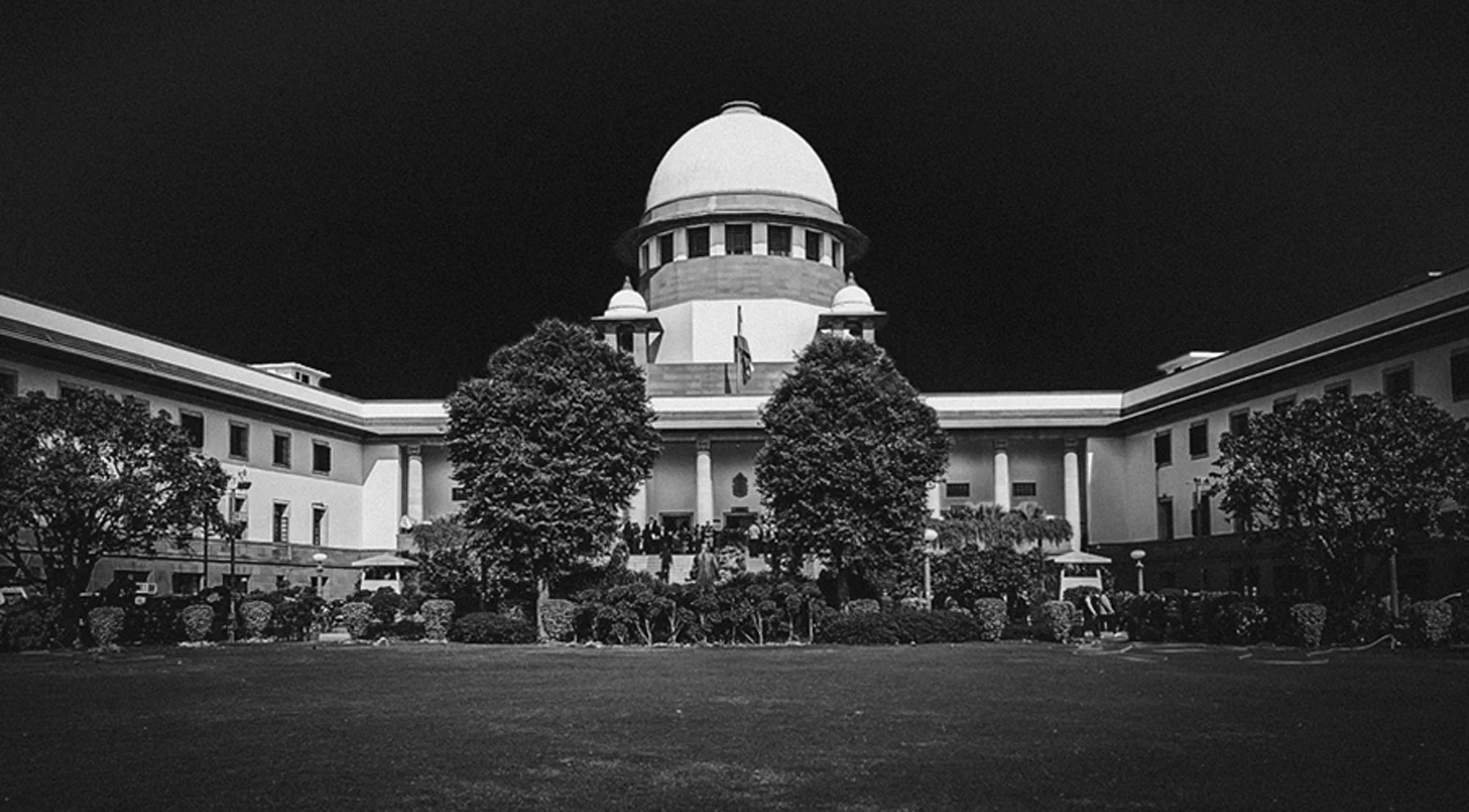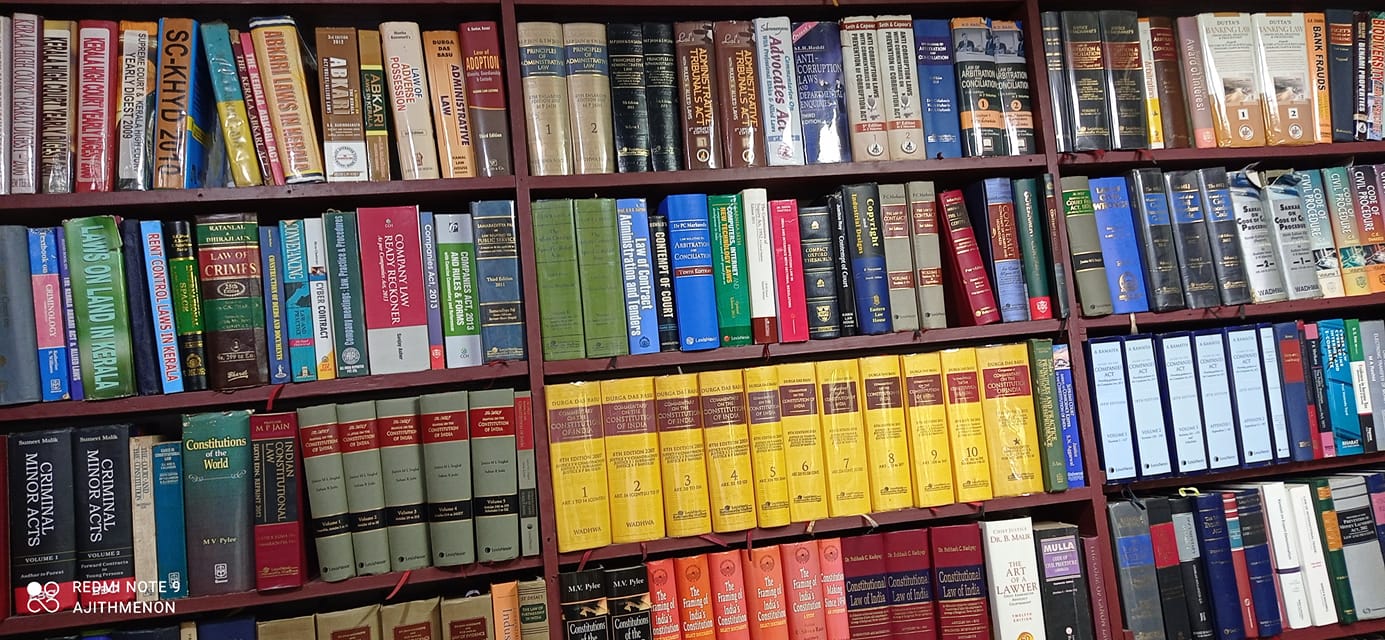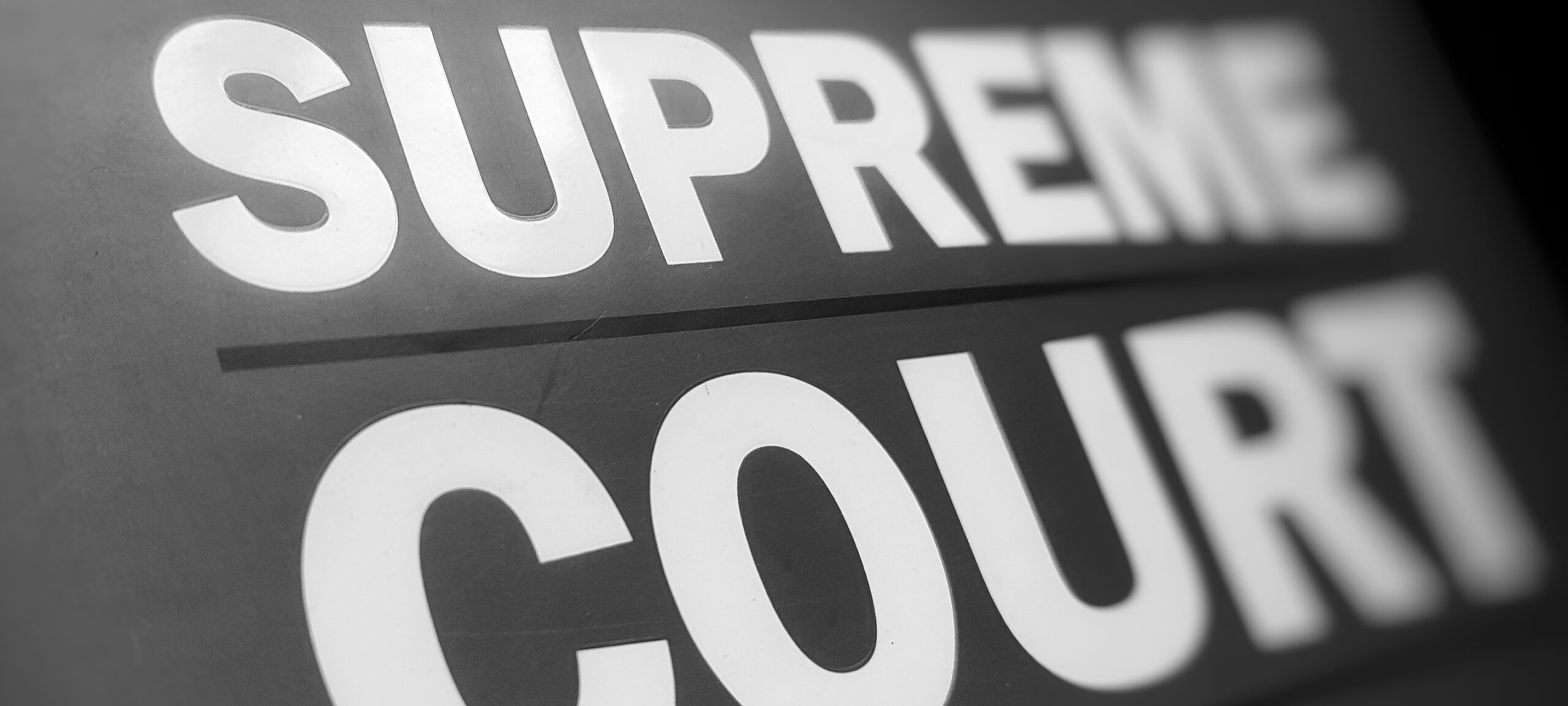Admissibility of Evidence /Documents - Mid-trial objections
Objection as to admissibility and relevancy of documents is of course, a mid-trial exercise regularly faced by the trial courts. Supreme Court, in its two judgments, had given some observations on that aspect. One is Bipin Shantilal v. State of Gujarat (2002) 10 SCC 529 and the other is R.V.E Venkatachala v. Arulmigu Visweswaram (2003) 8 SCC 752.
Highlights in Bipin's case
- When an objection is raised, in the course of recording evidence in a trial, to a document's admissibility, the court can make a note of the objection and exhibit the objected document tentatively.
- If the objection relates to any piece of oral evidence, the court can similarly record the objected part of the evidence with a note of it.
- The note must stipulate that the objection shall be decided at the last stage/final judgment. If it's sustained, the court can exclude such evidence from consideration. No illegality in adopting such a course.
- The procedure suggested has twin advantages. Firstly, the trial court's time is saved at the evidence stage. And, it can continue examination of witnesses obviating the need for their waiting for long hours.
- Secondly, when the same objection is re-argued in Appeal/Revision against the trial court's judgment, the superior court can decide the correctness of the trial court's view with ease. For, the objected document/evidence is on record.
- The Supreme Court makes the above points as a procedure for trial courts to follow whenever the situation arises. However, If the objection is to stamp duty deficiency of a document, the court has to decide it before proceeding further.
Highlights in Venkatachala's case
- Objection to admissibility of evidence should ordinarily be made, when it's tendered, not subsequently. A document inadmissible in evidence, though brought on record, must be excluded from consideration.
- Objection to a document's admissibility may be classified into two classes. One, the document itself is inadmissible in evidence. Two, the mode of proof is irregular.
- Just because a document has been exhibited, objection to its admissibility is not excluded; and it can be raised even in Appeal/Revision. No dispute over this proposition of law laid down in The Roman Catholic Mission /vs/ The State (1966) 3 SCR 283.
- When the objection pertains to the mode of proof, it should be raised before the evidence is tendered. Once the document is exhibited, an objection to its mode of proof can't be raised at the subsequent stage. It's a rule of fair play.
- The omission to make such an objection is fatal because by his failure, the party entitled to object allows the opposite party to presume that he's not serious about the mode of proof.
- A prompt objection enables the court to apply its mind and pronounce its decision on admissibility then and there.
- If the objection to the mode of proof is raised immediately, the opposite party may mark the document through correct mode with the court's permission. This practice is fair to both parties.




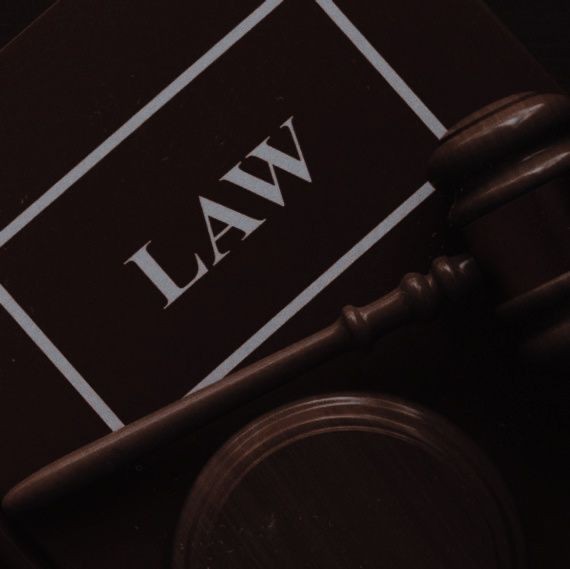



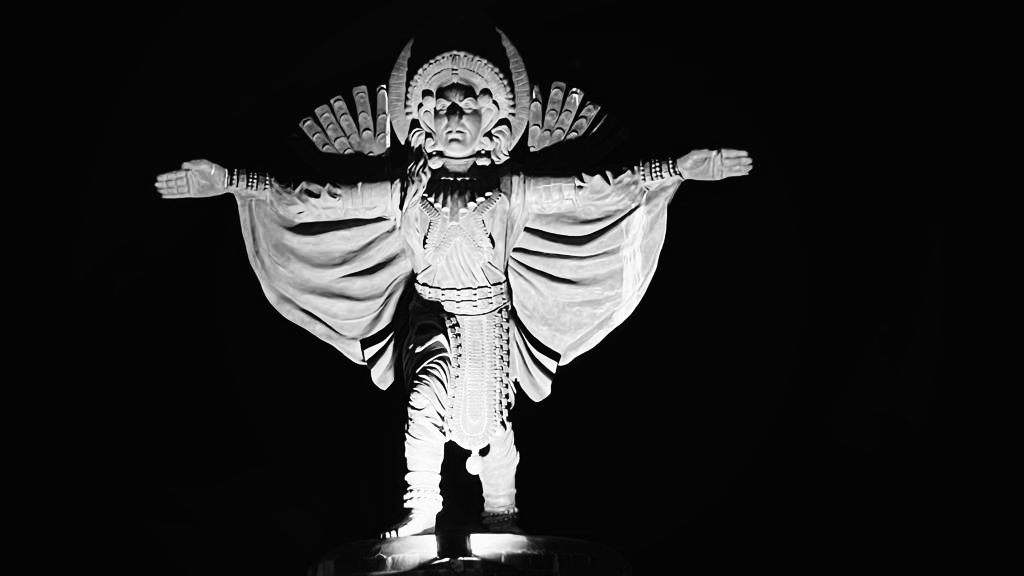
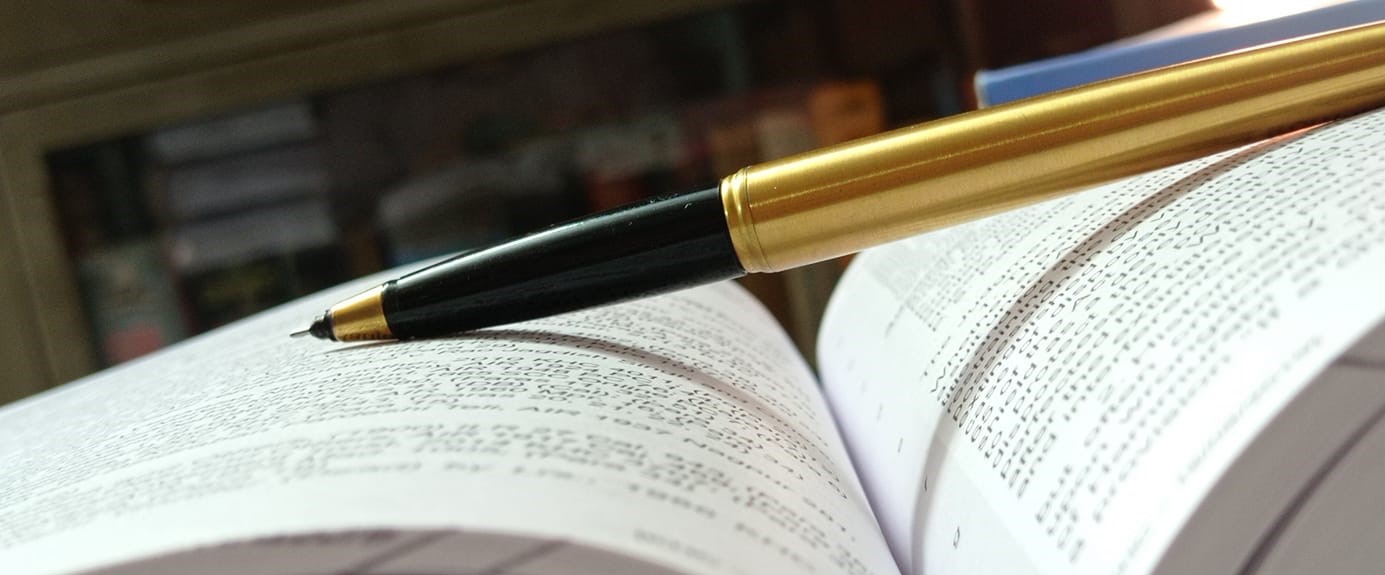






_20250714_964f1.jpg)



